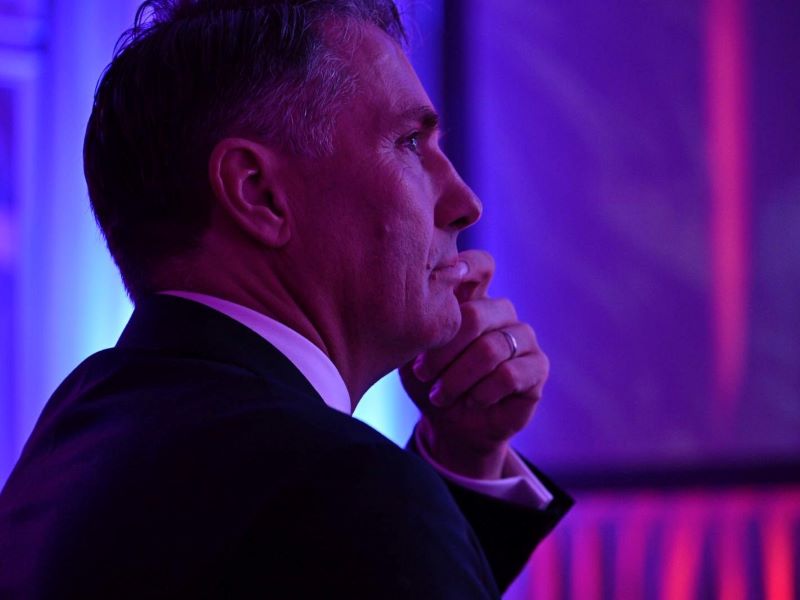Australia faces its “most complex” strategic circumstance since the Second World War, Defence minister Richard Marles said Wednesday, urging Australia’s researchers to form more partnerships that build technological capabilities for Defence.
In a pre-recorded address to the Australian Defence Science, Technology and Research Summit in Sydney, the Defence minister and deputy prime minister said the government would back the “deep reservoir” of Australian Defence science, which is producing a “priceless national asset”.

“I can honestly say that the work of everyone at this summit has never been more important,” Mr Marles told delegates.
“Australia faces the most complex set of strategic circumstances that we’ve seen since the end of the Second World War. From artificial intelligence to hypersonics, from quantum technology to high energy weapons — whatever your area of interest or expertise I hope that this is the catalyst to help form deep and genuine partnerships to explore problems from different perspectives and work together even more closely than before.”
Mr Marles has spent the last week in America, holding talks with senior US Defence officials, who he said recognise the “deep pool of talent, knowledge and skill within the Australian Defence science community”.
He backed international science partnerships, such as those forming under the AUKUS security pact, as essential to supporting the local sector, and said collaboration will grow further with Labor’s planned defence innovation agency.
The $1.2 billion election commitment will create the Australian Strategic Research Agency (ASRA) within Defence to fund research in breakthrough technologies focusing on national security, and boost Australia’s international cooperation.
ASRA will be based on the US Defence Advanced Research Projects Agency, which has been involved with the commercialisation of the internet, the computer mouse and GPS, and is also expected to work closely with the UK’s new Advanced Research and Invention Agency.
Australia’s chief defence scientist Professor Tanya Monro also called for more collaboration with close allies to create an “asymmetry” for Defence.
“Australia is a mid-sized power. Our population is small, our lands and oceans vast. If we are to defend Australia and our national interests, we need to be able to create asymmetry,” Professor Monro said.
Professor Monro said advanced technology and access to data can drive asymmetry for Australia’s Defence forces, but it would be allies offering the “truest” asymmetry.
“Imagine how much more we could do if we truly were to change the way we co-develop technologies together, the way we innovate together, the way our companies work together. So that when we are faced with changing circumstances, we can together harness our relative strengths.”
Do you know more? Contact James Riley via Email.

